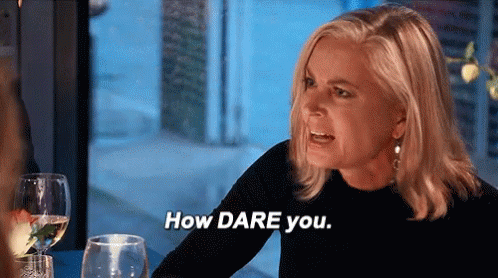BigRedBuster
Active member
I understand...at least up until they commit a crime. For instance, you can't mandate alcohol treatment.....until someone gets arrested for DUI.I agree and disagree. I think people would benefit from treatment, but you cannot mandate treatment. Society would also benefit from people receiving treatment. Additionally, you can make the argument that most mental illness are just extreme manifestations of normal behavior. We need to teach foundational skills to keep, we need to de-stigmatize mental health services, and we need to work as a society to promote access to services.
To me, how to deal with people who need treatment but refuse treatment, is quite possibly the biggest problem in all of this.
I would be very interested in knowing how other developed countries handle this.
Last edited by a moderator:



